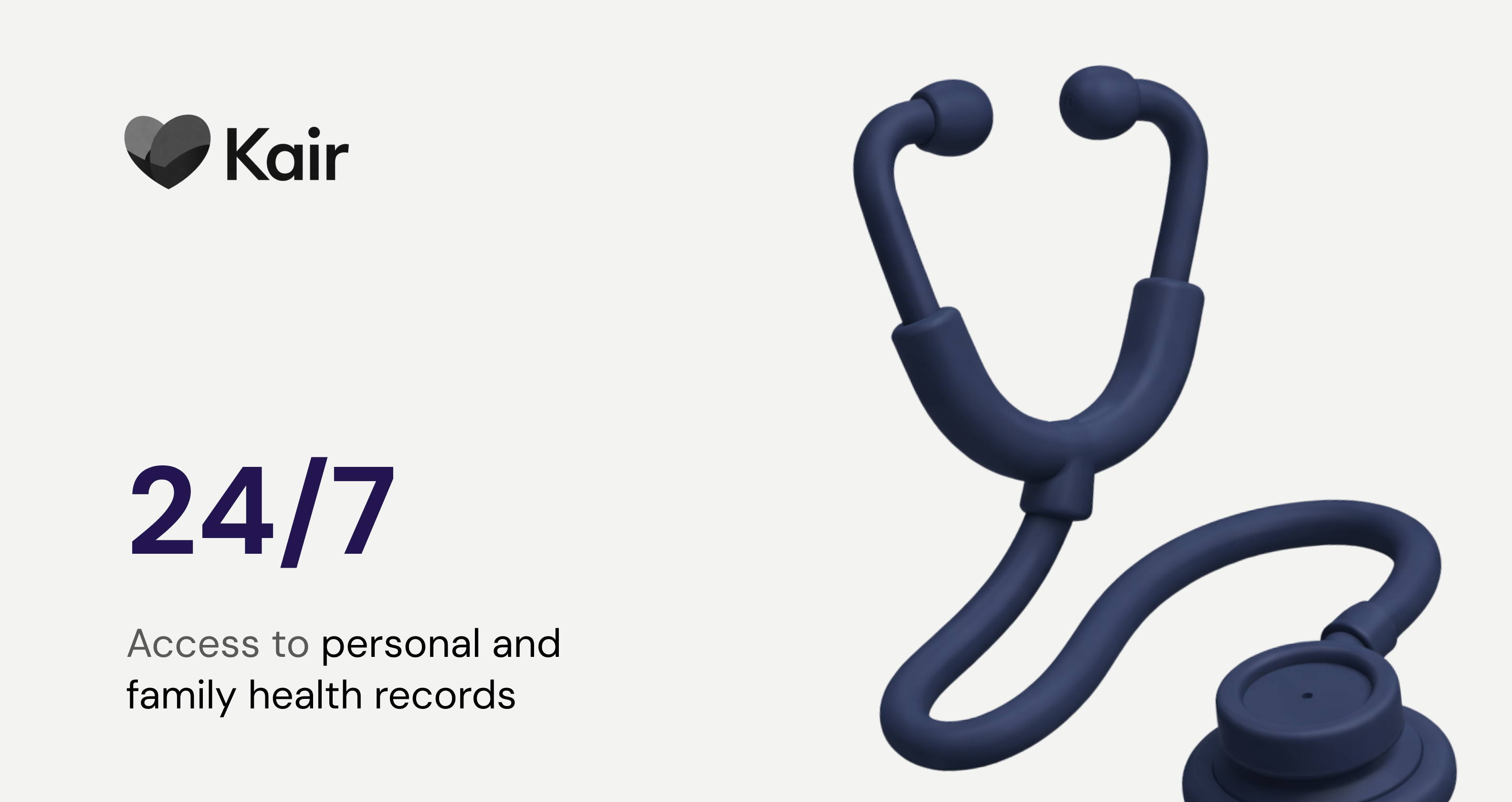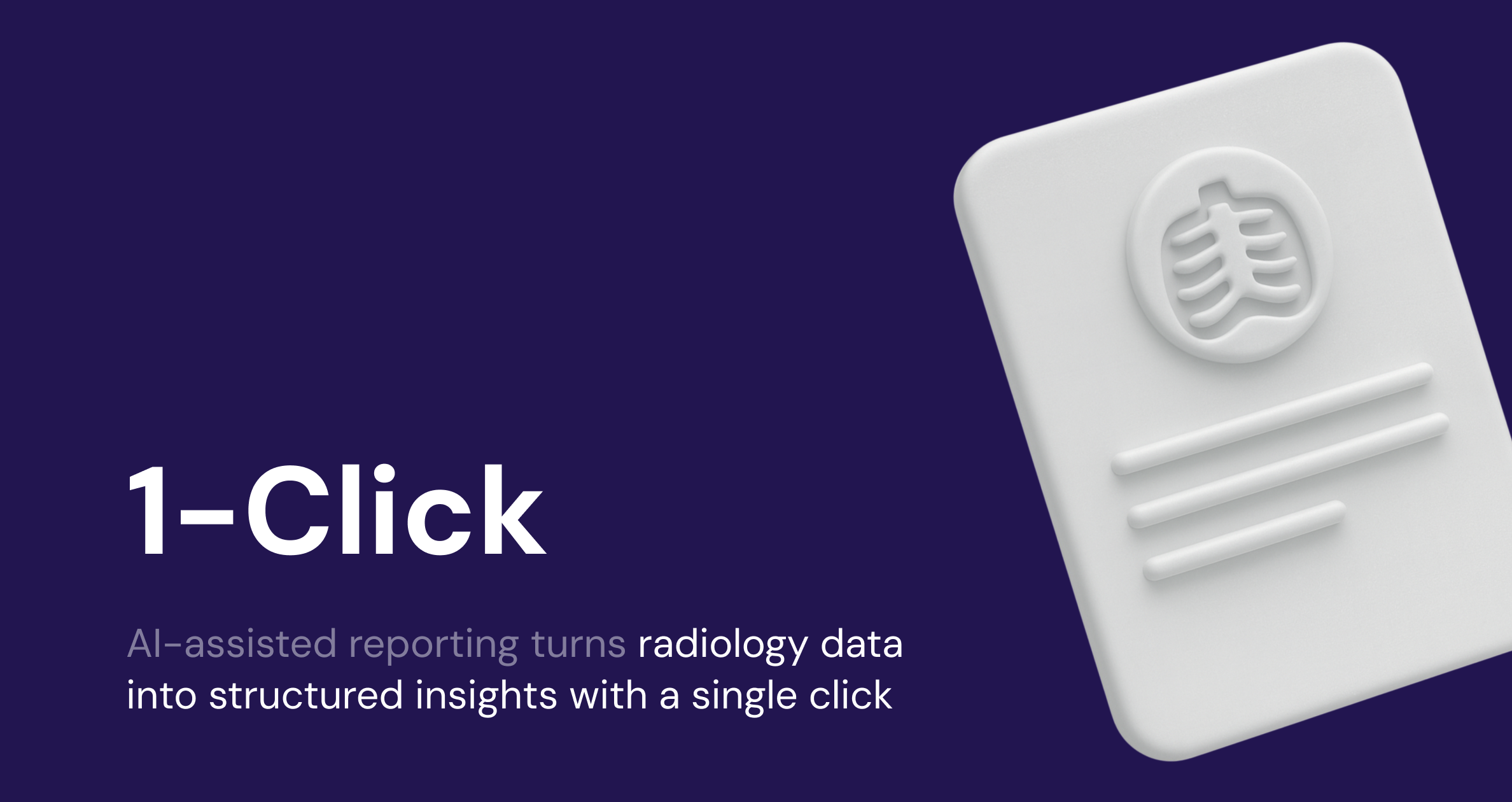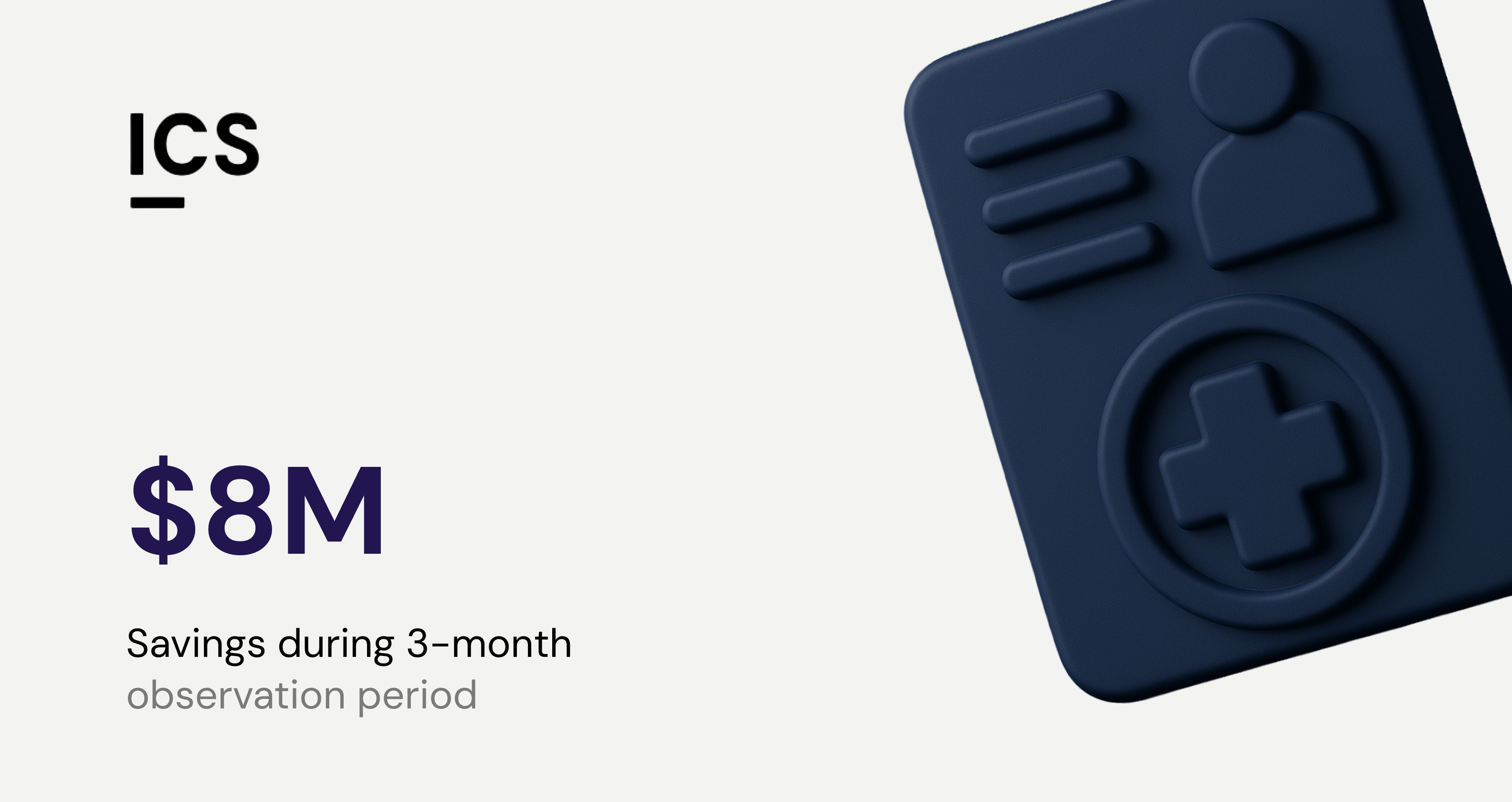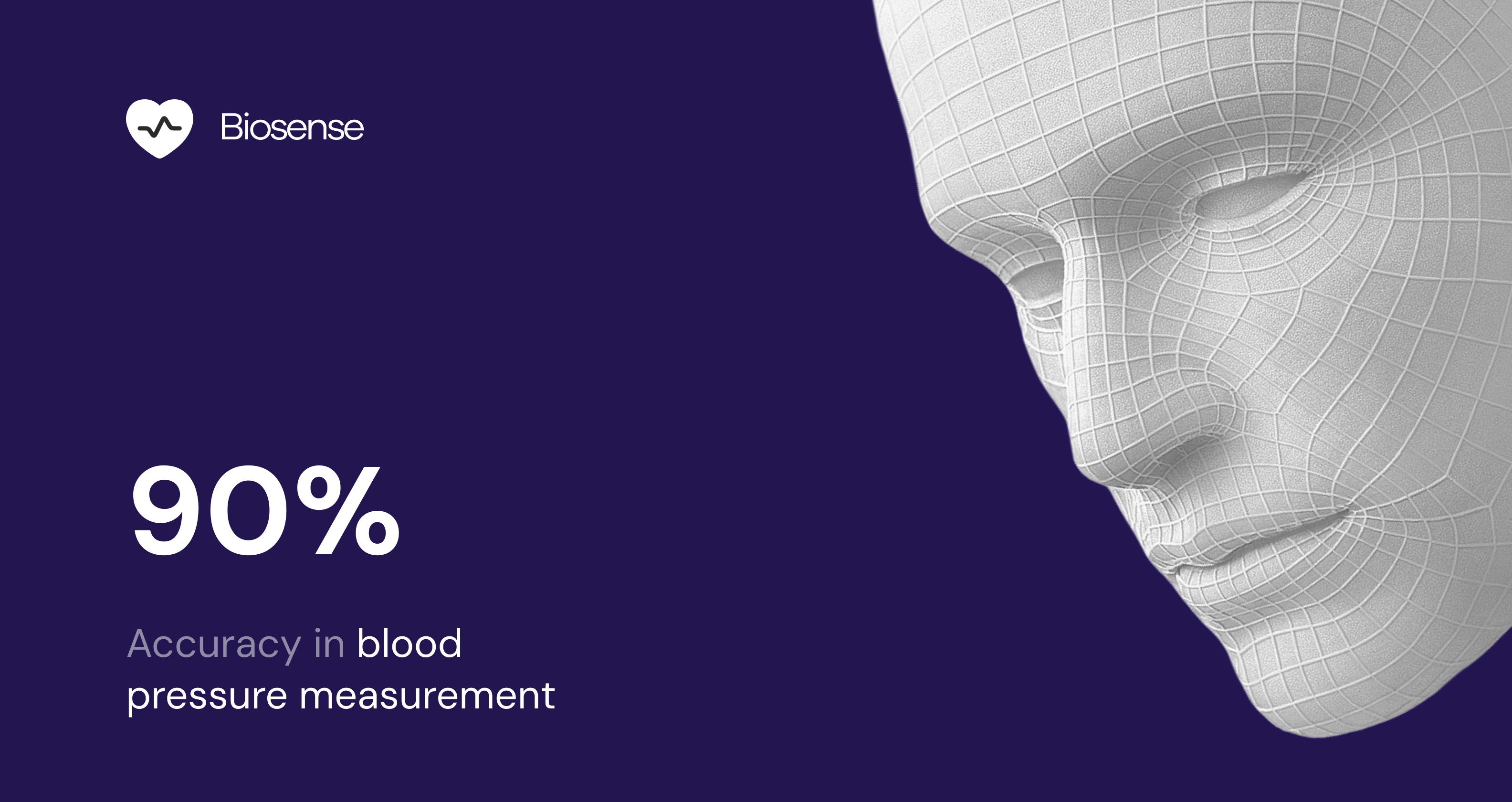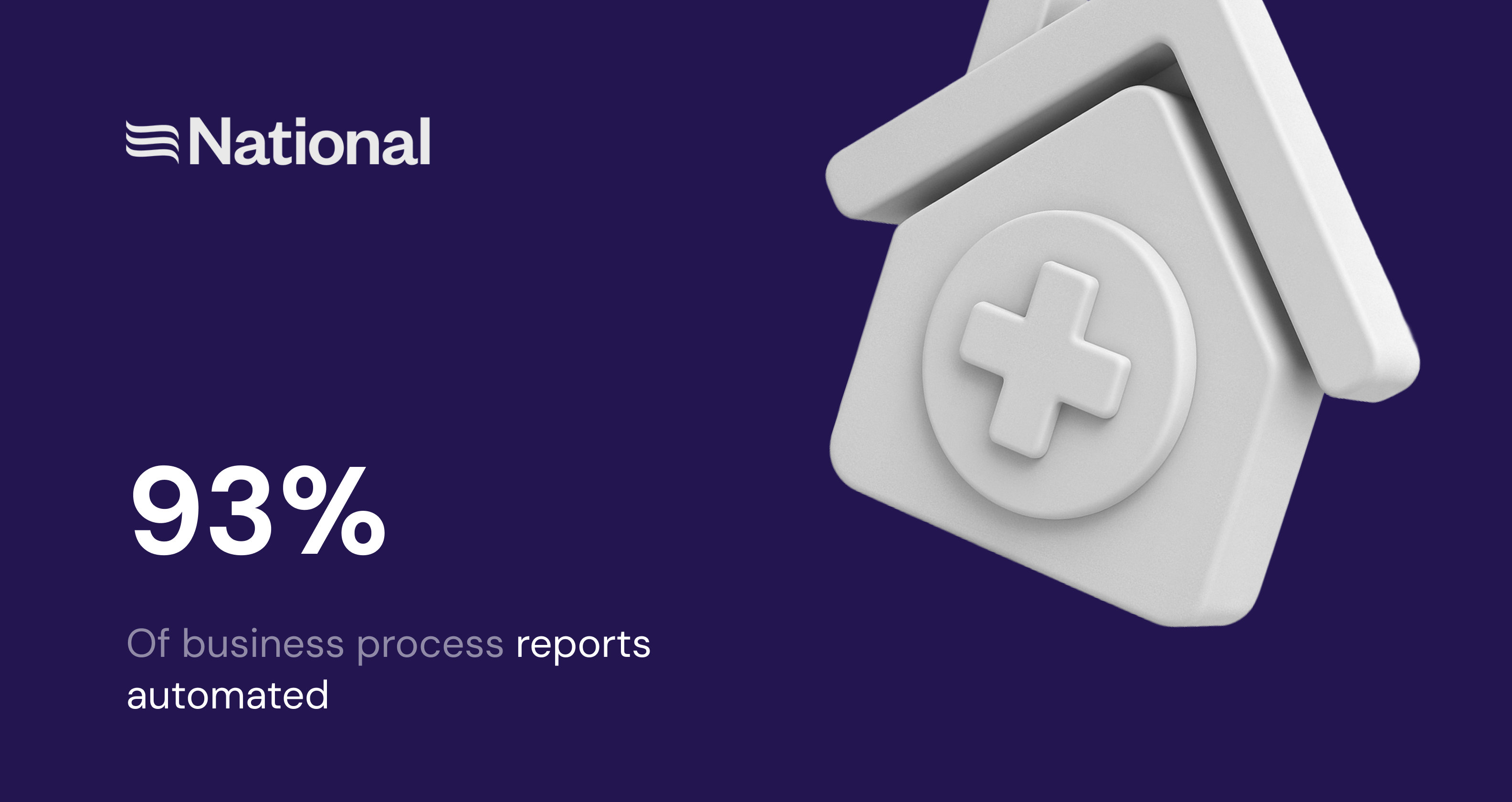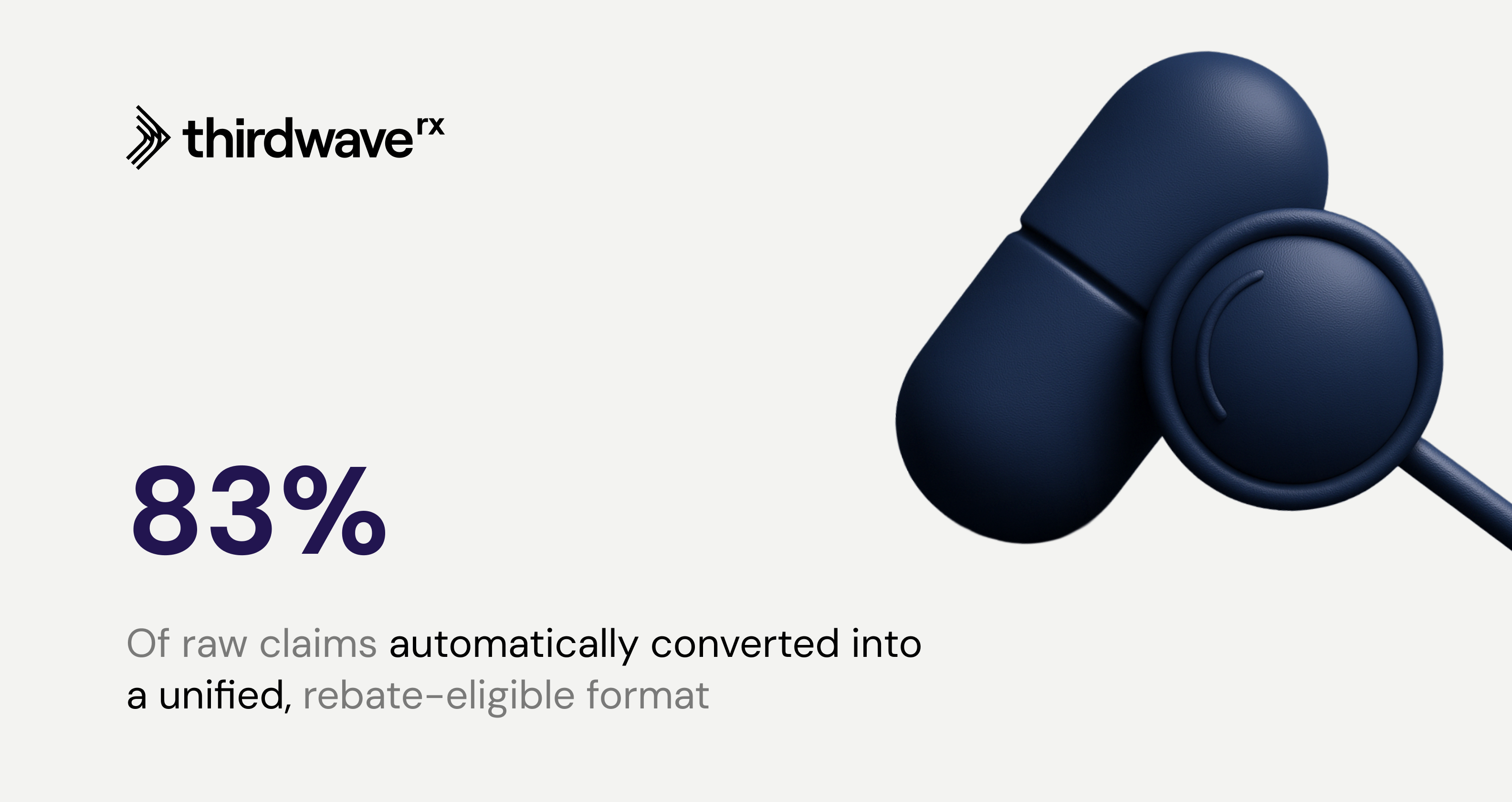This paper addresses the challenge of determining the adequacy of personal medical profile data, comparing it to online information tracks of the same individuals. The study analyzes data verification across major medical information systems and medical centers, proposing an algorithm to assess data adequacy. It introduces a model for personal medical profiles that incorporates online data to ensure accuracy and timeliness. By enhancing medical decision-making systems, the method helps maintain reliable patient profiles, which are critical for providing effective medical care.
The paper emphasizes the importance of detecting non-valid accounts and outdated data to improve the quality of medical information. The proposed verification system significantly reduces the time spent by medical staff on data validation, making the process more efficient.
Takeaways:
- Data Adequacy in Healthcare: The paper highlights the importance of ensuring personal medical profiles are accurate and up-to-date, directly impacting medical decision-making.
- Efficient Data Verification: The proposed algorithm improves the verification of medical data by comparing personal profiles with online information, ensuring consistency and reducing errors.
- Automating Verification: The method effectively automates the verification process, reducing the time medical workers need to spend on checking data by 3-5 times.
- Improved Decision Support: By ensuring data accuracy, the paper enhances the effectiveness of decision support systems in healthcare.
- Detection of Invalid Accounts: The system is designed to identify invalid, incorrect, or stale data, contributing to better patient data management.
- Practical Application in Medical Centers: The method is applicable to major medical centers, helping improve the management of personal medical profiles.



